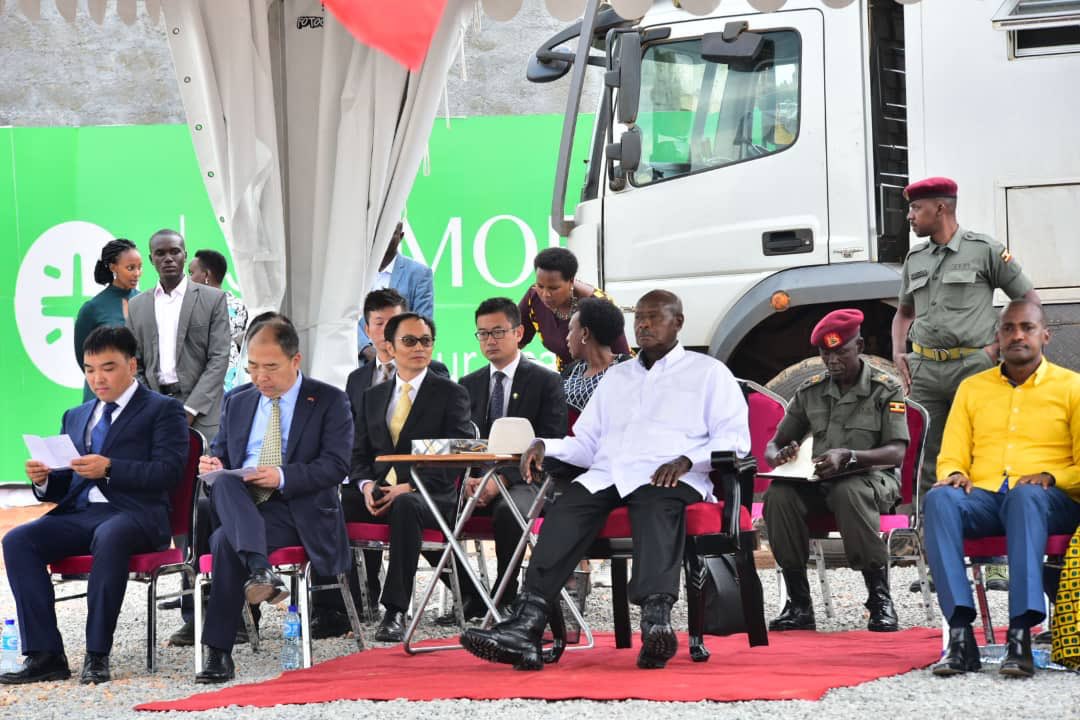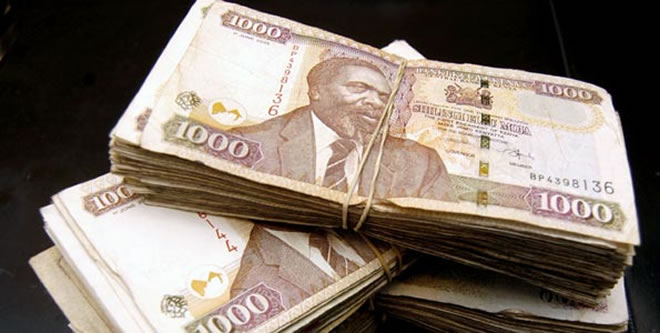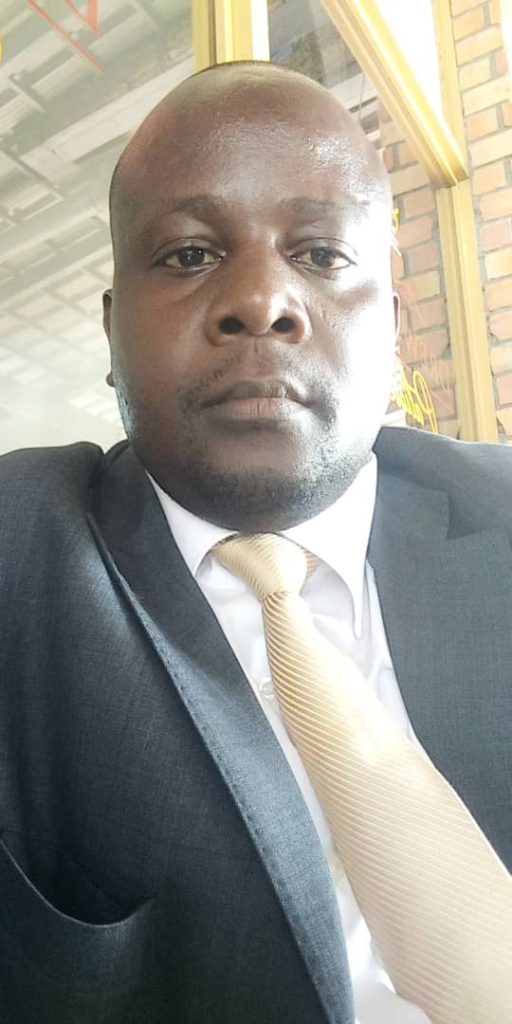When Kenyan business executive, Peter Mathuki assumed office as the Secretary-General of the East African Community, there was the hope of revived energy in the integration process after what many people called a lackluster SG’s office in the previous term.
He succeeded Libérat Mfumukeko from Burundi in April 2021, when the economies of the region, like most of the rest of the world, had been experiencing record slowdowns over the last year from the effects of the COVID-19 pandemic.
This meant that the partner states were struggling to meet their budgetary obligations, including remitting the annual membership contributions as revenues fell. He promised to ensure closer engagement with the EAC member states to meet their obligations.
Burundi and South Sudan were, and remain, the main culprits owing the community almost US$40 million in total. The Secretary-General listed the admission of the Democratic Republic of Congo (DRC) into the bloc, adoption of 35% as the 4th Band of the EAC Common External Tariff, and resolution of 23 pressing Non-Tariff Barriers (NTBs) among the key achievements registered by the community during the last year.
He says soon, the EAC organs will meet to review the relevance of the customs union and whether it’s practicable and viable to the East Africans, but says that at least free movement of persons is being realized.
The SG also notes the launch of the Trade Information Portals by five countries, South Sudan being the exception, as a positive step forward. The portals map out all imports, exports, and transit procedures, including fees and time in the respective Partner States in an effort to enhance regional trade. “The Secretariat is currently mobilizing funds to enable the Republic of South Sudan develops its own Trade Information Portal so as to minimize trade bottlenecks in the region,” he adds.
The Common Market is the second pillar of the integration process after the customs Union, while the third pillar is the Monetary Union and the Political Confederation, the fourth and ultimate gall of the process.
The Monetary Union’s objective is the creation of a regional currency and central bank. Mathuki says that under him, the process was launched to establish an EAC Monetary Institute, which will lead to the creation of a regional currency, adding that currently, a process is on to identify the host country.
And on the Political Confederation, Dr. Mathuki says committees are continuing to get views under the guidance of President Yoweri Museveni, and that so far Uganda and Burundi have been covered.
In recent years, the EAC has been faced with inadequate financing of the budget, partly because of the failure of some of the partner states to fulfill their financial obligations. “The conclusion of the sustainable funding mechanism will address the financial challenges that the Community is experiencing, as we continue to engage with development partners to support EAC projects and programs,” he added.
South Sudan was the most indebted by the beginning of this year with arrears worth 27 million dollars, while Burundi was yet to pay at least 7 million dollars. The government in Juba promised to clear the debt once their general elections are done in 2023. The secretary-general says that they have developed a plan to ensure that each country meets its obligation as soon as they fall due, but adds that the compliance level is at 90 percent.
Mathuki is now facing new challenges in the form of insecurity with growing tension between Rwanda and the newly admitted DRC. Late last year immediately after Uganda sent troops to the DRC’s Eastern region, Presidents Museveni, Kenya’s Uhuru Kenyatta and Paul Kagame had several meetings where they agreed to tackle the DRC’s insecurity issue as a region.
As the Ugandan forces continue to battle the Allied Democratic Front rebels in the DRC, there were renewed attacks by M23 rebels and Kinshasa caucused Rwanda of involvement, and claimed to capture some RDF soldiers, which Rwanda has dismissed as untrue. Rwanda’s flag carrier, Rwandair also last week suspended flights to the country as the conflict escalated.
Rwanda has over the last five years had issues with all her East African neighbors, but has recently engaged in diplomatic activities to improve the relations. Mathuki said the EAC will use its laid-down mechanisms to resolve all such issues.
Deepening economic integration, strengthening regional peace and security mechanisms, and implementing the road map for the attainment of the EAC Monetary Union are some of the SG’s key priorities in steering the regional integration agenda in the next year.
The EAC Secretary General was addressing a virtual forum dubbed, ‘State of the EAC Forum – SG’s 1 year in office,’ seeking to share the progress, achievements, and challenges of the EAC in the last year, and the way forward. One of the persistently present and always evolving issues, is non-tariff barriers, as countries are apparently bent on protecting their own economies.
This threatens to fail the aim of integration, which is trade. Mathuki says soon the protocols and laws under the treaty will be enforceable and violations of these protocols will be punished to ensure compliance.
His next task for the next year is to focus on strengthening regional governance, political commitment, and inclusivity to improve peace and security in the build-up to an EAC Political Confederation. “In addition, the EAC will also prioritize Infrastructure development and increased participation of different stakeholders such as the private sector in the regional integration process,” says Dr. Mathuki.
-URN





